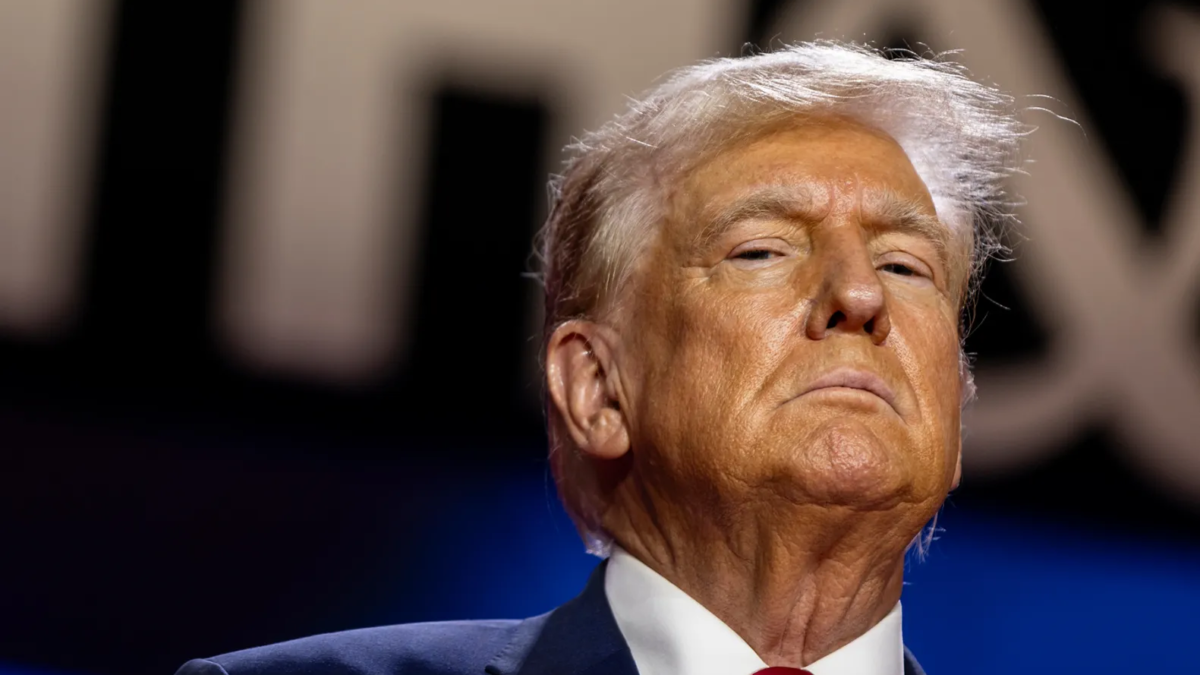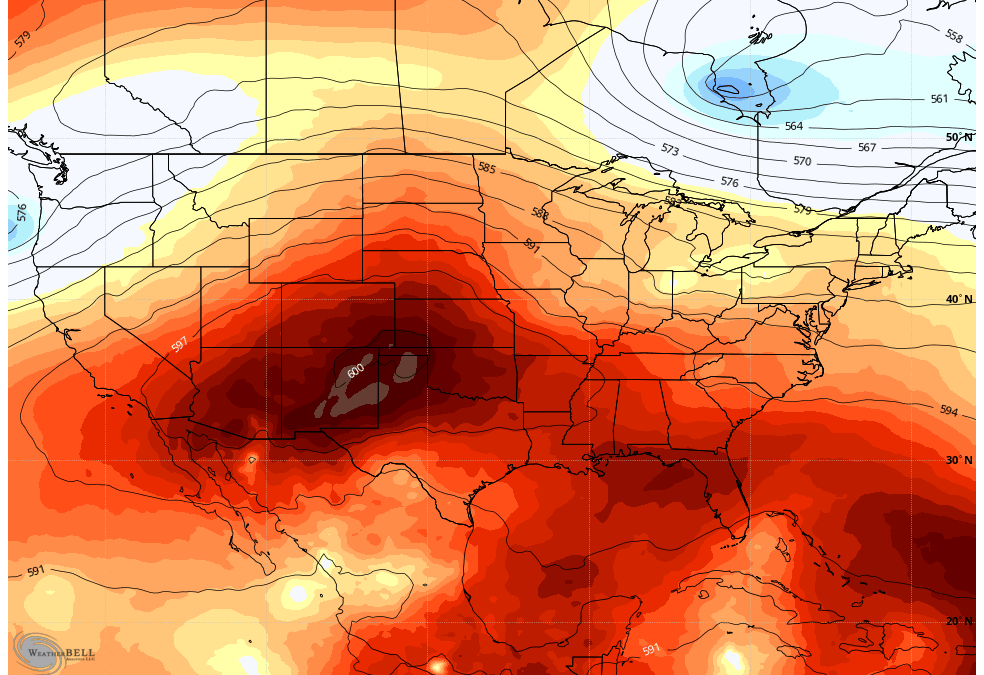How teen climate activist Greta Thunberg got everyone to listen – “Now I am speaking to the whole world”
By Suyin Haynes
16 May 2019
(TIME) – “Can you hear me?” Greta Thunberg asks the 150 members and advisers in the U.K. Houses of Parliament. She taps the microphone as if to check if it’s on, but the gesture is meant as a rebuke; she’s asking if they’re listening. She asks again later in her speech. “Did you hear what I just said? Is my English O.K.? Is my microphone on? Because I’m beginning to wonder.” There is laughter, but it’s unclear if it’s amused or awkward. Thunberg is not smiling. She’s here to talk climate; a catastrophe is looming, her generation will bear it, and she knows whom to blame. “You did not act in time,” she declares.
Castigating the powerful has become routine for the 16-year-old. In December, she addressed the U.N. Climate Change Conference in Poland; in January she berated billionaires at the World Economic Forum in Davos, Switzerland. Her London speech was the last stop of a tour that included meeting the Pope. (“Continue to work, continue,” he told her, ending with, “Go along, go ahead.” It was an exhortation, not a dismissal.)
Just nine months ago, Thunberg had no such audiences. She was a lone figure sitting outside the Swedish Parliament in Stockholm, carrying a sign emblazoned with Skolstrejk for Klimatet (School Strike for Climate). She was there for a reason that felt primal and personal. While Thunberg was studying climate change in school at the age of 11, she reacted in a surprisingly intense way: she suffered an episode of severe depression. After a time it lifted, only to resurface last spring.
“I felt everything was meaningless and there was no point going to school if there was no future,” Thunberg says. But this time, rather than suffer the pain, she decided to push back at its cause, channeling her sadness into action. “I promised myself I was going to do everything I could do to make a difference,” she says.
Inspired by the survivors of February 2018’s school shooting in Parkland, Florida, she began a weekly schoolwork strike every Friday, turning to social media to implore politicians to support and take steps toward halting carbon emissions. Since the U.N. Climate Change Conference in December, Thunberg’s Twitter following has grown by nearly 4,000% to reach 612,000; many have also followed her lead offline, striking to demand change. “Before, I never really spoke when I was in my lessons or with my classmates,” she told me shortly after her London speech. “But now I am speaking to the whole world.” […]

Since she came to prominence, Thunberg has been the target of negativity, trolling and even threats. Right-wing commentators and climate-change deniers have called her a “PR puppet” who is paid by a global network of billionaires to spread a “left-liberal” message. Others have criticized her stern appearance and “monotone voice,” a characteristic shared by many on the autism spectrum. [cf. Germany’s far-right AfD party turns on Swedish school-girl Greta Thunberg as it embraces climate denial]
“It’s quite hilarious when the only thing people can do is mock you, or talk about your appearance or personality, as it means they have no argument, or nothing else to say,” she says, reading some negative replies she’s received to a recent tweet. “I’m not going to let that stop me,” she says, “because I know this is so much more important.” [more]


